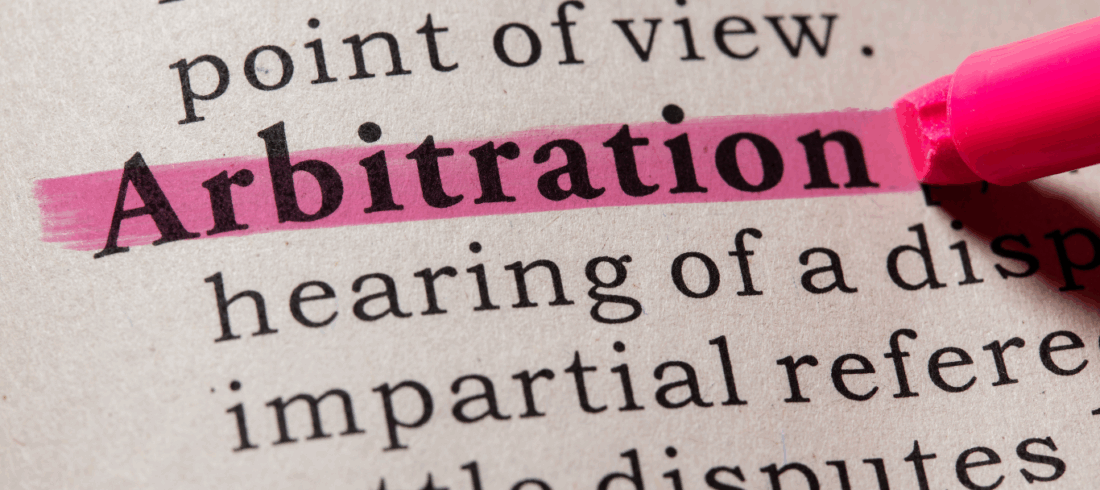October 2024
With all the discussions regarding regulating digital platforms, we think it is time to address some safe harbour protections for social media platforms under Thai law. This article is certainly not exhaustive and is intended to give the reader a sense of such protections in Thailand. Our contact information is below for any specific situation you may be experiencing.
According to the Bangkok Post, Thailand “is among global leaders in time spent on social media and number of users of Facebook, YouTube, TikTok, and e-commerce”
Amongst the ever-expanding regulation of social media and e-commerce in Thailand, which can include criminal liability, there is also the issue of copyright violations.
Social media platforms invest significant resources in the issue of copyright violations. According to the website statista.com, YouTube alone dealt with nearly a billion claims in the first six months of 2023.
Under Thailand’s Copyright Act B.E. 2537 (1994) (“TCA”), a service provider is exempted from liability for copyright infringement (“Safe Harbour Protections”) if a service provider fits within the definition of 4 categories, which are (i) intermediary service providers, (ii) caching service providers, (iii) hosting service providers, and (iv) search engine providers. There are further qualifications to qualify for Safe Harbour Protections.
For example, an “intermediary service provider” will have such protections if it possesses specific characteristics, such as not initiating computer data transmission, establishing and declaring a policy of terminating and stopping service to users who repeatedly infringe copyrights, etc.
If an intermediary service provider satisfies such characteristics, it will be protected under the Safe Harbour Protection of the TCA.
The comments here are for general information purposes only. Nothing here should be or can be relied on as legal advice.
For any questions, you may contact Formichella & Sritawat at [email protected]
© Formichella & Sritawat Attorneys at Law


